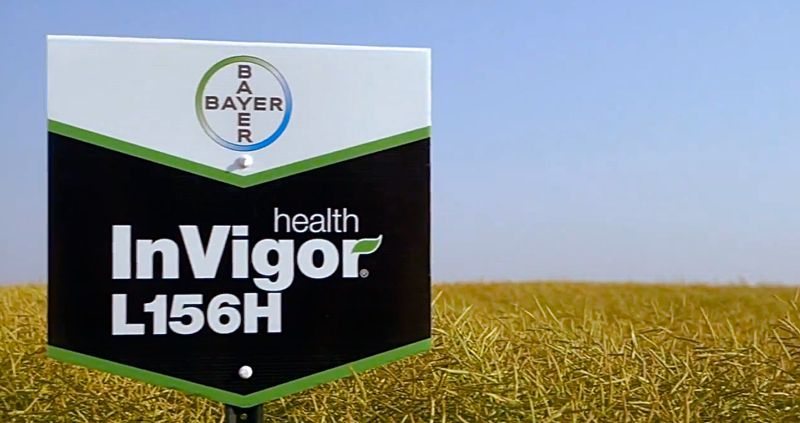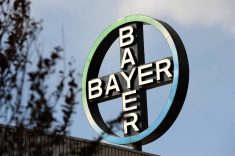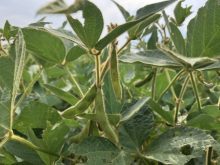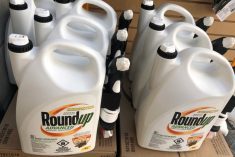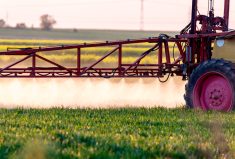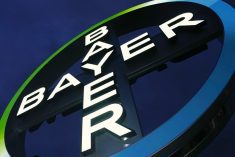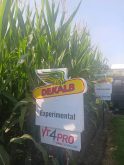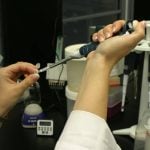Among the major players still in the world’s crop protection and seed business, remaining competitive comes at a cost.
To be sure, several smaller companies remain in the game — but with marriages now consummated for Dow Chemical and DuPont, and for Syngenta and ChemChina, Bayer’s pending takeover of Monsanto and, now, BASF getting set to buy Bayer Crop Science assets, Canada may soon see only four big players in pesticide and seeds.
BASF’s Canadian business director, Ron Kehler, spoke to Canadian farm media Tuesday about that company’s deal to buy seed and herbicide businesses from Bayer.
Read Also
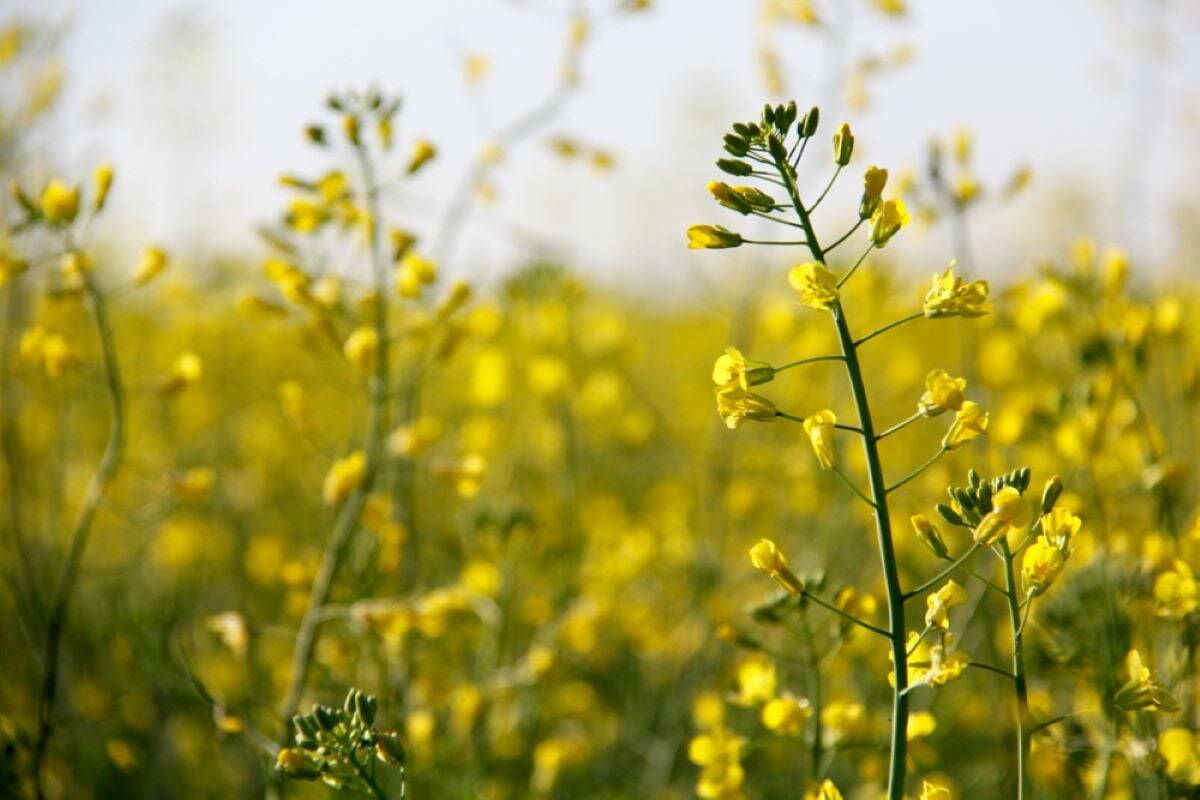
ICE weekly: China, soy complex lift canola prices
China’s upcoming lifting of tariffs and rising soyoil prices lifted Canadian canola values for the week ended Feb. 4, 2026.
Asked about competition in the seed and chemical sectors, Kehler said the increased costs of stricter environmental regulations, trait development and finding new modes of action are raising the bar as to who can be a significant player.
“The price to play, or to be in this business, continues to go up,” he said.
For 5.9 billion euros (C$8.7 billion), BASF will get Bayer’s traits and breeding for soybeans, cotton and canola, and, significantly, its Liberty (glufosinate ammonium) herbicide business and LibertyLink and InVigor traits.
The deal also gives BASF Bayer’s seed processing facility in Lethbridge, chemical formulation and distribution facilities in Regina and a seed breeding centre in Saskatoon.
Along with those existing products, BASF has purchased Bayer’s research and development pipeline — including, Kehler said, “more than 250 patent families.”
With this purchase, 1,800 Bayer employees from commercial R+D, breeding and production — of whom 300 are within scope in Canada — will transfer to BASF.
Bayer is divesting these assets in the context of its acquisition of Monsanto.
Kehler described Bayer’s development of LiberyLink technology as “an amazing business story,” currently growing by about 14 per cent per year.
BASF’s purchase of Bayer’s LibertyLink canola, soybean and cotton portolio, he said, will be “highly complementary” to BASF’s existing product portfolio. Many of the large agricultural chemical companies are also now in the seed business.
New to the seed business, BASF plans to use the newly-acquired LibertyLink varieties to “deliver more tools to support growers,” Kehler said.
Having a wider range of products to offer will give BASF staff more opportunities to connect with customers over the course of the crop year, and “partner with farmers in new ways.”
Although the purchase of Liberty, a Group 10 herbicide, will also be a valuable asset for BASF, “we want to offer new solutions for herbicide-resistant management by using glufosinate ammonium as an attractive mixing partner,” Kehler said.
Rotating chemical groups and using tank mixes as part of an integrated weed management program can help to slow the development of herbicide resistance in weeds.
BASF will also continue to build on the seed trait development it’s done in the past.
“We’re now able to fund more work in traits and continue to do the work that we’re doing on herbicide development, which is an area of key important to our research,” Kehler said.
Until the deal closes, Kehler said it will be “business as usual” for farmers dealing with BASF or Bayer.
The sale is conditional on Bayer closing its deal to buy Monsanto, which the German company has said it hopes to do early next year.
— Leeann Minogue is editor of Grainews at Griffin, Sask. Includes files from Maggie Van Camp of Country Guide at Blackstock, Ont.

